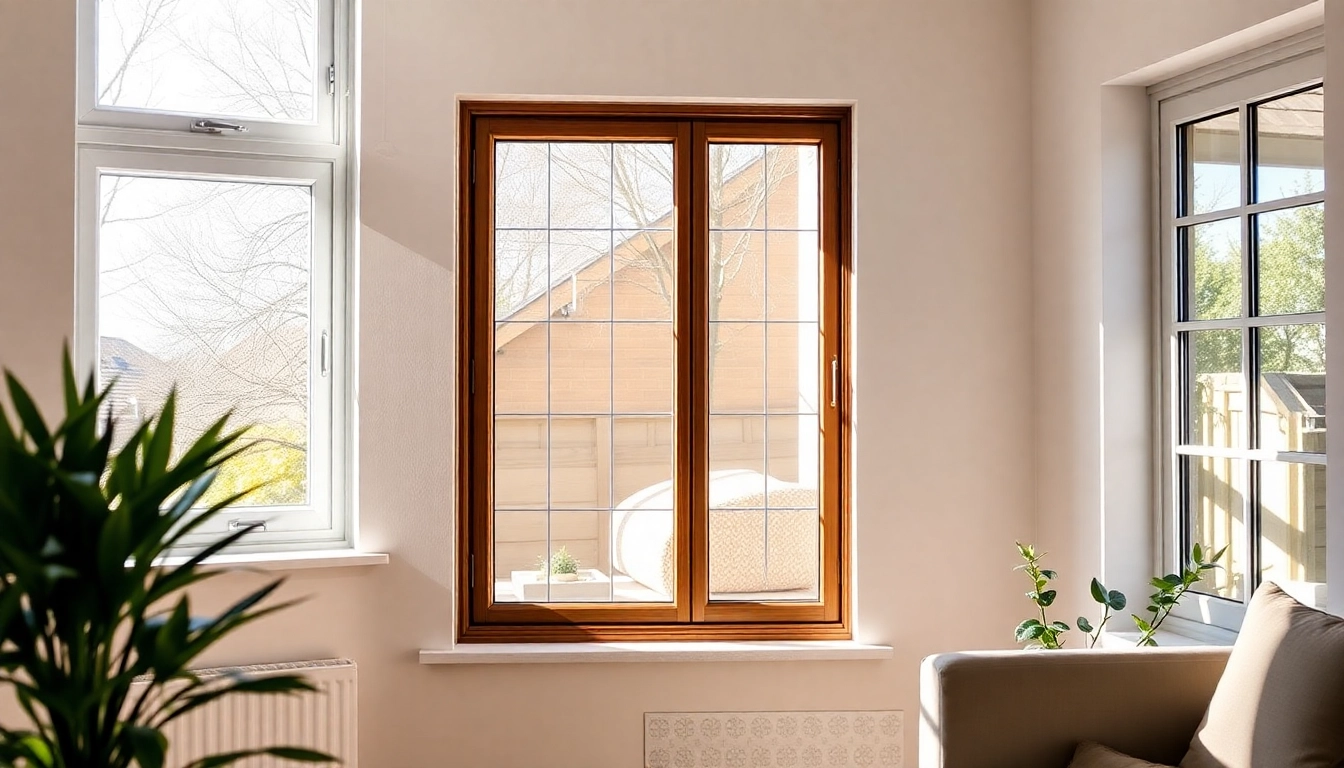Understanding the Role of Skilled Roofers in Home Maintenance
Maintaining the integrity of a building’s roof is an essential aspect of overall home upkeep, ensuring safety, durability, and energy efficiency. The professionals entrusted with this task are known as roofers. Renowned for their specialized skills, extensive experience, and certifications, roofers play a pivotal role in safeguarding your property from the elements. Whether tackling repairs after a storm, replacing worn-out tiles, or installing a brand-new roof, choosing the right roofer is crucial for achieving quality results that stand the test of time. This comprehensive guide delves into the facets of roofing work, how to select competent roofing professionals, industry standards, and what you should expect from a top-tier roofing service.
What Do Professional Roofers Do?
Professional roofers perform a wide range of tasks that are vital to the longevity and safety of residential and commercial buildings. Their core responsibilities include:
- Roof installation: Installing new roofs on newly constructed buildings or replacing existing roofs for renovations or upgrades. This process requires precise skill to ensure waterproofing, insulation, and durability.
- Roof repairs: Addressing issues such as leaks, damaged shingles, broken tiles, or structural weaknesses. Timely repairs prevent minor problems from escalating into costly structural failures.
- Roof maintenance: Conducting inspections, cleaning gutters, removing debris, and applying protective treatments to extend the roof’s lifespan.
- Roofing inspections: Assessing the condition of a roof, identifying potential faults, and providing detailed reports. Inspections are especially important before property sales or after storms.
- Specialized roofing services: Handling projects like flat roofing, fibreglass solutions, green roofs, or solar panel integration, depending on client needs and property specifications.
These tasks require a blend of technical expertise and adherence to safety standards. For instance, installing a pitched roof differs significantly from installing flat roofing systems, and each demands specific tools and techniques.
Key Skills and Certifications for Roofers
Quality roofing hinges on a roofer’s skill set and credible certifications. Some of the essential skills include:
- Technical knowledge: Understanding various roofing materials, installation methods, and building codes.
- Physical dexterity: Climbing ladders, working at heights, and handling heavy materials safely.
- Problem solving: Diagnosing issues accurately and designing effective repair or installation strategies.
- Attention to detail: Ensuring proper sealing, alignment, and finishing to prevent future problems.
- Safety awareness: Mastery of fall protection, tools safety, and environmental considerations.
In terms of certifications, reputable roofers often hold qualifications such as:
- NVQ or City & Guilds in roofing and slating
- Membership in professional associations like the National Federation of Roofing Contractors (NFRC)
- Health & safety certifications such as CSCS cards
- Specialist accreditations for advanced systems like fibreglass roofing or solar installations
These credentials affirm the roofer’s competence and commitment to industry standards, providing homeowners with confidence in their choice.
Common Roofing Services Offered
Understanding the array of services available allows homeowners to better plan their roofing projects. Common services include:
- Tiled roofing: Installing and repairing traditional concrete or clay tiles, offering aesthetic appeal and weather resistance.
- Flat roofing: Suitable for extensions or commercial buildings, typically using materials like EPDM, PVC, or built-up asphalt.
- Fibreglass roofing: Providing seamless, durable, and low-maintenance solutions for patios, porches, or flat roofs.
- Metal roofing: Highly durable options including zinc, aluminium, or steel, often used for industrial or modern designs.
- Roof repairs and refurbishments: Fixing leaks, replacing broken tiles, or reinforcing structural components.
- Gutter and fascia installation: Critical supporting elements that complement roofing and prevent water damage.
Many roofers also offer inspections, maintenance plans, and consultancy services to help extend the lifespan of your roof and optimize its performance over time.
How to Choose the Right Roofers for Your Project
Factors to Consider When Hiring Roofers
Selecting the ideal roofing contractor necessitates careful evaluation. Key factors include:
- Experience and reputation: Established companies with a portfolio of successful projects are preferable.
- Certifications and memberships: Memberships in recognized associations like NFRC or TrustMark assure adherence to high standards.
- Insurance coverage: Proper liability and worker’s compensation insurance protect you from potential damages or accidents.
- Testimonials and reviews: Check independent reviews and ask for references to gauge client satisfaction.
- Competitive quotes: Obtain detailed estimates and compare pricing and service inclusions.
Questions to Ask Before Hiring a Roofer
Engage with potential contractors by asking insightful questions, such as:
- Can you provide proof of insurance and licensing?
- Do you offer warranties or guarantees on your work?
- What materials do you recommend for my project and why?
- How long will the project take, and what is your availability?
- Can you provide references from past clients?
Reading Reviews and Checking References
Verifying a roofer’s track record through reviews on platforms like TrustATrader or Checkatrade, alongside direct references, offers invaluable insights. Look for consistency in quality, punctuality, and transparency.
Steps to Ensure Quality Roofing Work
Planning and Estimating the Cost
A thorough planning phase involves assessing the condition of your roof, selecting suitable materials, and obtaining detailed quotes. Accurate estimates consider materials, labor, permits, and potential contingencies. Having clear specifications reduces misunderstandings and budget overruns.
Scheduling and Project Management
Effective project management ensures timely completion and adherence to safety standards. Communicate with your chosen roofer about project timelines, access arrangements, and weather considerations. Regular updates and inspections during work help catch issues early.
Post-Installation Inspection and Maintenance
After project completion, a comprehensive inspection verifies work quality. Establish ongoing maintenance routines like cleaning gutters, checking for damage, and scheduling periodic inspections to maximize roof lifespan and prevent future issues.
Cost Estimates and Budgeting for Roofing Projects
Average Prices for Different Roofing Materials
Understanding typical costs aids in budgeting effectively. Approximate price ranges are:
- Asphalt shingles: £50–£150 per square meter
- Clay or concrete tiles: £70–£200 per square meter
- Metal roofing: £80–£250 per square meter
- Fibreglass: £100–£200 per square meter
Tips to Get Accurate Quotes from Roofers
To ensure accurate estimates, provide comprehensive details about your roof’s size, materials preferred, and any specific requirements. Request written quotes and clarify what is included, such as disposal fees or additional repairs.
Understanding Payment Terms and Guarantees
Discuss payment schedules—often a deposit upfront with the balance upon completion. Prioritize contractors offering warranties on workmanship and materials, guaranteeing peace of mind should issues arise afterward.
Staying Updated with Roofing Industry Standards
Latest Roofing Technologies and Materials
Innovation continually shapes the roofing landscape. Modern materials like solar tiles, energy-efficient insulation, and long-lasting polymers enhance durability and environmental friendliness. Technologies such as drone inspections and BIM (Building Information Modelling) streamline project management and quality control.
Regulations and Safety Standards for Roofers
The UK’s roofing industry adheres to strict safety legislation, including health & safety at work regulations, fall protection standards, and environmental codes. Compliance mitigates risks and enhances reputation.
Associations and Certifications to Look For
Membership in organizations such as the NFRC and certifications like the TrustMark or GASF (Gas Appliances Safety Certification) assure consumers of a contractor’s professionalism and adherence to industry best practices.



